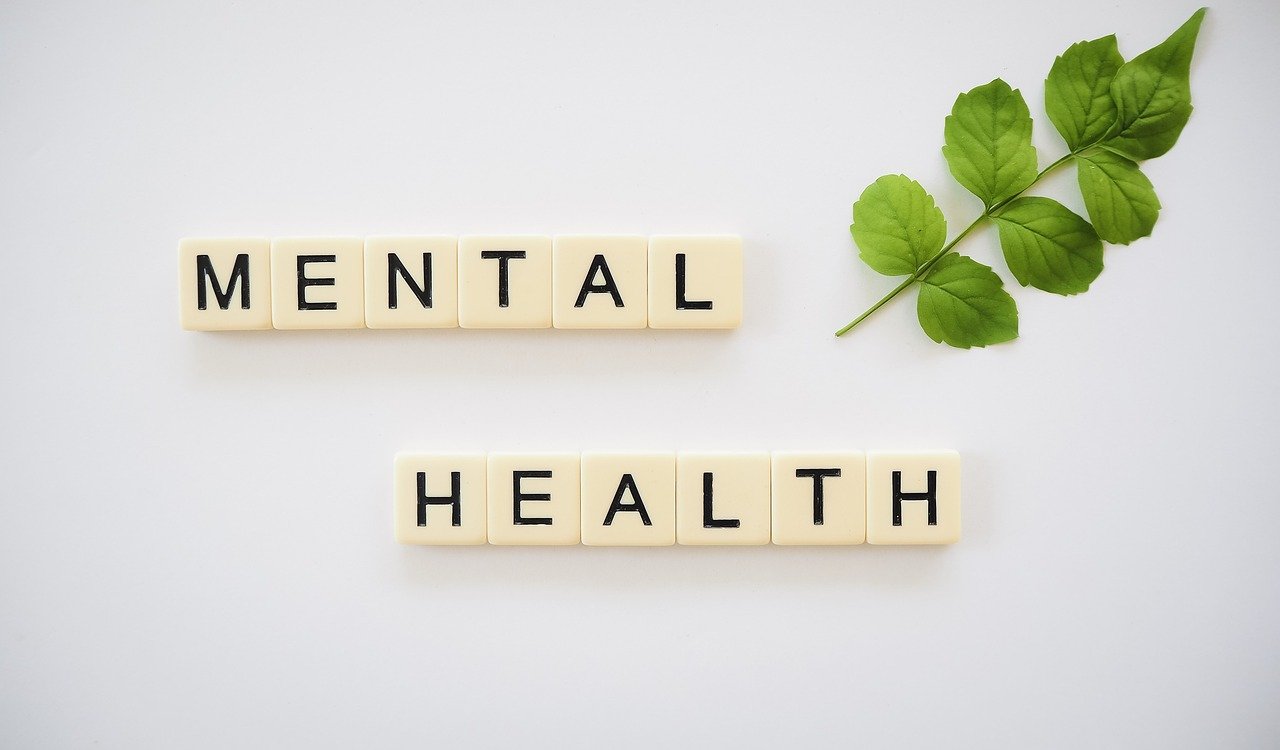Mental health is an essential aspect of overall well-being, yet it remains a topic surrounded by stigma and misconceptions. Breaking the stigma requires open conversations that foster understanding, compassion, and support. By addressing mental health openly, we can create a world where seeking help is seen as a strength and everyone feels empowered to prioritize their mental well-being.
Understanding the Stigma
Stigma around mental health often stems from:
- Misconceptions: A lack of understanding about mental health conditions.
- Stereotypes: Negative portrayals in media that perpetuate harmful myths.
- Fear of Judgment: Concerns about being labeled or misunderstood.
- Cultural Barriers: Certain cultural norms discourage discussions about mental health.
Impact of Stigma:
- Delays in seeking help.
- Feelings of shame or isolation.
- Worsening of mental health conditions.
Breaking the stigma starts with education and empathy.
Why Open Conversations Matter
Talking about mental health openly can:
- Normalize the experience of mental health challenges.
- Encourage others to seek help without fear of judgment.
- Build supportive communities that foster understanding and compassion.
- Reduce the misinformation surrounding mental health.
Tips for Opening Conversations About Mental Health
1. Start with Empathy
Approach conversations with kindness and an open mind.
- Avoid assumptions or judgments.
- Use phrases like, “I’m here for you” or “How can I support you?”
2. Share Your Own Experiences
If you feel comfortable, sharing your journey can encourage others to open up.
- Talk about your struggles and coping mechanisms.
- Highlight the importance of seeking help when needed.
3. Ask Open-Ended Questions
Create a safe space by encouraging dialogue.
- Examples: “How have you been feeling lately?” or “Is there something you want to talk about?”
4. Be a Good Listener
Sometimes, people just need someone to hear them.
- Avoid interrupting or offering solutions unless asked.
- Acknowledge their feelings with phrases like, “That sounds really tough.”
5. Educate Yourself
Understanding mental health conditions and available resources helps you offer informed support.
- Learn about common conditions like anxiety, depression, or PTSD.
- Familiarize yourself with local or online mental health services.
How to Reduce Stigma in Everyday Life
1. Use Inclusive Language
Avoid derogatory terms or casual misuse of mental health terms like “crazy” or “bipolar.” Opt for respectful and accurate language.
2. Challenge Stereotypes
Speak up when you hear someone perpetuating myths or stereotypes about mental health.
3. Advocate for Mental Health Education
Support initiatives in schools, workplaces, and communities that promote mental health awareness.
4. Support Access to Care
Encourage policies and programs that make mental health services accessible and affordable.
5. Normalize Therapy
Speak openly about therapy or counseling as a healthy choice, just like visiting a doctor for physical health.
Supporting Someone Struggling with Mental Health
Do:
- Offer your presence and patience.
- Encourage them to seek professional help.
- Check in regularly to show you care.
- Respect their privacy and boundaries.
Don’t:
- Minimize their feelings by saying, “It’s not a big deal” or “Just snap out of it.”
- Offer unsolicited advice or solutions.
- Compare their experience to others.
Mental Health Resources and Hotlines
Global Resources:
- World Health Organization (WHO): Offers mental health information and support resources.
- Mind (UK): Provides support and advice for mental health issues.
- Mental Health America (MHA): Advocacy and support services in the U.S.
Hotlines:
- Crisis Text Line: Text HOME to 741741 (U.S., Canada, UK, Ireland).
- National Suicide Prevention Lifeline (U.S.): 1-800-273-TALK (1-800-273-8255).
- Samaritans (UK): Call 116 123.
Encourage others to reach out to these services if needed.

Conclusion
Breaking the stigma around mental health starts with each of us. By fostering open conversations, educating ourselves, and showing compassion, we can create a culture where mental health is prioritized and supported. Together, we can make seeking help a normal and celebrated part of life.

